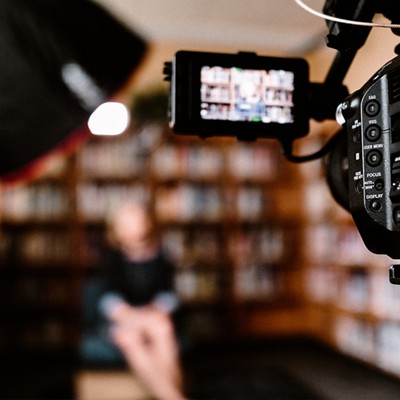
- Patrick Hounsell
- Global Lead, B2B & Activation
-
As EVP and Global Lead, Activation & B2B, Patrick currently leads Merkle’s digital media capabilities. As a seasoned executive with more than 20 years of digital and CRM agency experience, he currently oversees the operations of the company’s digital marketing capabilities. This includes search marketing, paid social, programmatic media, digital strategy, and analytics. Merkle’s Performance Media team serves some of the best known brands with a team of over 400 professionals.
Prior to this role, Patrick led Merkle’s industry market practice for retail and consumer goods, where he had oversight of Merkle’s client relationships, delivery of world-class services, and new business development strategies for Merkle’s largest industry practice. Patrick is also part of Merkle’s senior management team. He previously held the position of Chief Digital Officer, where he developed and oversaw the operations of the company’s digital practice.
Prior to Merkle, Patrick spent 12 years at Razorfish. As SVP and GM Media, Patrick was responsible for leading Razorfish’s Media practice, including paid media, search, social media, emerging media, and ad operations.
Prior to Razorfish, Hounsell worked at Prism Consulting International in Washington DC. He holds an MBA from the Darden School at the University of Virginia and a Bachelor of Commerce from McGill University.
- /content/dam/merkle/en/content-fragments/images-content-fragments/leadership-headshots/Merkle-Patrick-Hounsell-Headshot.jpg
- Patrick Hounsell
- https://www.linkedin.com/in/patrickhounsell/
- 19




































